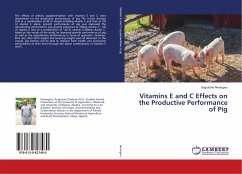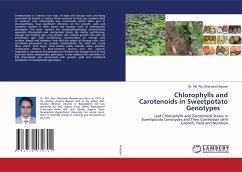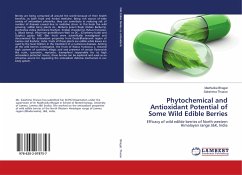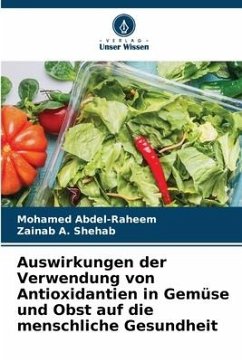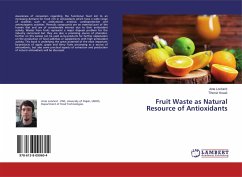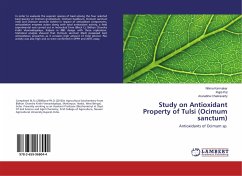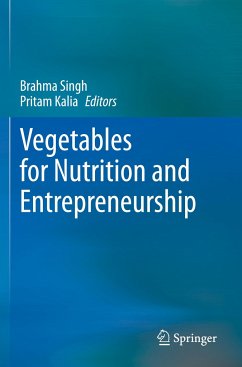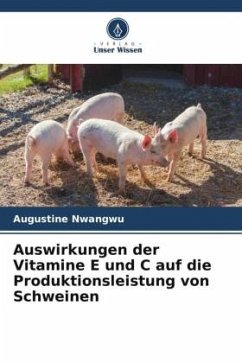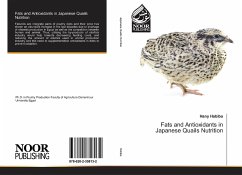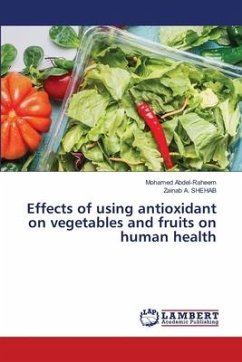
Effects of using antioxidant on vegetables and fruits on human health
Versandkostenfrei!
Versandfertig in 6-10 Tagen
56,99 €
inkl. MwSt.

PAYBACK Punkte
28 °P sammeln!
Antioxidants are substances that may protect your cells against free radicals, which may play a role in heart disease, cancer and other diseases. Free radicals are molecules produced when your body breaks down food or when you're exposed to tobacco smoke or radiation. Antioxidants, such as vitamins C and E and carotenoids, may help protect cells from damage caused by free radicals. Other naturally occurring antioxidants include flavonoids, tannins, phenols and lignans. Plant-based foods are the best sources. These include fruits, vegetables, whole grains, nuts, seeds, herbs and spices, and eve...
Antioxidants are substances that may protect your cells against free radicals, which may play a role in heart disease, cancer and other diseases. Free radicals are molecules produced when your body breaks down food or when you're exposed to tobacco smoke or radiation. Antioxidants, such as vitamins C and E and carotenoids, may help protect cells from damage caused by free radicals. Other naturally occurring antioxidants include flavonoids, tannins, phenols and lignans. Plant-based foods are the best sources. These include fruits, vegetables, whole grains, nuts, seeds, herbs and spices, and even cocoa. As a bonus, fruits, vegetables and whole grains high in antioxidants are also typically high in fiber, low in saturated fat and cholesterol, and good sources of vitamins and minerals. So enjoy the variety. Several vital organs like the heart, lungs and the brain are vulnerable to oxidative injury. Brain in particular is vulnerable because of its high content of oxygen, high metabolic rate and elevated levels of polyunsaturated lipids - the target of lipid peroxidation. Several antioxidant supplements are available to treat neural injury with oxidative stress.



